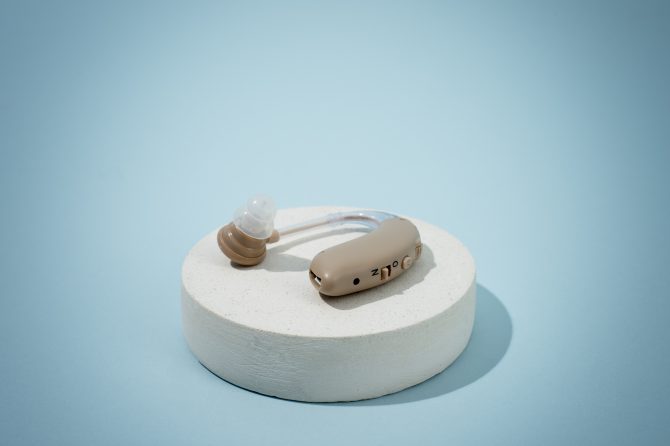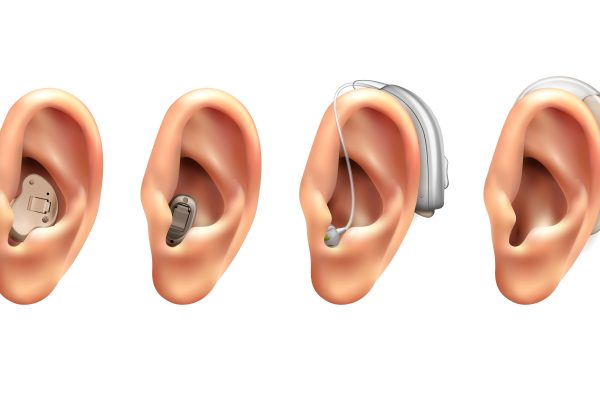
Guidelines to Select the Best Hearing Aids in Singapore
According to the World Health Organization (WHO), over 1.5 billion people have some form of hearing loss, and by the year 2050, 2.5 billion people will be affected, but this condition can often be addressed with hearing aids.
Selecting the best hearing aid is coping with a multitude of challenges, and attempts are made day by day to improve the quality of life of those people. Hearing aids are medical-grade devices that help to amplify sounds; they improve sound qualities and are easiest for hearing loss patients.
This article will guide you throughout the process of selecting the best hearing aids in Singapore and understand what factors need to be considered to fulfil your hearing needs.
1. Get Your Hearing Checked
To identify the nature and level of your hearing loss, It would be best to consult an Audiologist. The most common types of Hearing Loss are:
- Sensorineural Hearing Loss – damage in the inner ear
- Conductive Hearing Loss – problems at the middle ear or the outer ear
- Mixed Hearing Loss – a combination of both
2. What Are the Hearing Aid Styles There?
Each hearing aid style is suitable for certain hearing loss. Therefore, it is important to choose the right style for your hearing condition. One of the main factors in selecting the style is to check the power level. Will it be able to cater for your hearing loss? Take a look at the following types of hearing aids:
Behind-the-ear (BTE)
- Power: For mild to profound hearing loss, it provides a powerful amplification.
- Pros: Easiest to handle as it is big and bulkier in size, more features, and has a longer battery life.
- Cons: More visible
Receiver-in-canal (RIC)
- Power: Ideal for mild to profound hearing loss
- Pros: Designed with a modern style of hanging behind the ear, has more features,
- Cons: May be visible and requires more maintenance
Custom hearing aids are ITE’s, ITC’s, CIC’s and IIC’s.
- Power: Ideal for mild to moderate (amplification power get lesser as the hearing size become small)
- Pros: Custom hearing aids are custom-fit with various style and size to choose from
- Cons: Prone-to-earwax buildup, may have limited features and shorter battery life because of their small size.
3. What Does Your Lifestyle Look Like?
If you are very active outdoors and always exposed to moisture, getting a waterproof hearing aid or at least a rechargeable hearing aid will be wiser as it reduces the risk of water or moisture damage. If you always have an active conversation in noise, you may want to consider a hearing aid with active noise cancellation and speech enhancements.
4. What Hearing Aid Technologies and Features You Should Know?
Each hearing aid model and style has varied features and technology; some hearing aids have automatic adjustments according to the environment. It is able to read and process the surrounding sounds, enhance the speech and reduce the noise. As compared to the lower hearing aid technology such as Over-The-Counter Hearing Aid, it has a standard amplification and does not have a noise cancellation feature. Additionally, choosing between rechargeable and non-rechargeable hearing aids may be important, depending on your preference. A rechargeable hearing aid will need daily charging and have limited battery power, but it is the easiest to handle without the need to change the battery.
5. How Much a Hearing Aid Could Cost You?
In 2025, hearing aid prices can range between $700 and $9,000 per piece. The price is highly influenced by the hearing aid’s technology level and model.
- Entry-level Models: have basic features,
- Mid-range Models: better sound quality and more customization
- Premium Models: have advanced technologies and features.
Nowadays, many insurance plans provide full partial hearing aid cost coverage. Some providers may support a credit card installment plan.
6. Other Considerations
Finally, deciding on a perfect hearing aid can be overwhelming, but working with a qualified hearing care professional will make the process easier, as they will guide you through step by step. It is important to research both the hearing care professional and the hearing aids to ensure you invest in the right hearing aid that fits your hearing needs.
Moreover, you can consider asking the healthcare provider for a trial period. Having a foreign object in your ears at all times is not easy; you may need time to understand whether the chosen device is the right fit. Having a trial period ensures that you find the best hearing aids and may even return the pair if it does not serve the purpose.
In Conclusion
By following the right hearing aid guide and approach, it ensures that you invest in a perfect hearing aid to improve and maintain your health style. The type and severity of the hearing problem determine the hearing aid, so let the hearing professional assess your condition before making the final call. Take your time, do comprehensive research, or consult a professional for guidance. With patience, you will ultimately find a device that not only improves your hearing health but also the overall quality of life.
Find out more on our blog.


Leave a reply